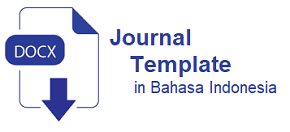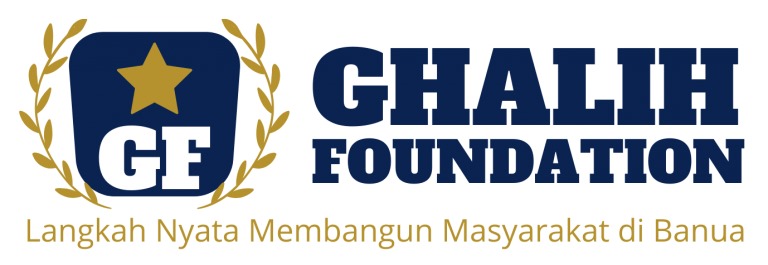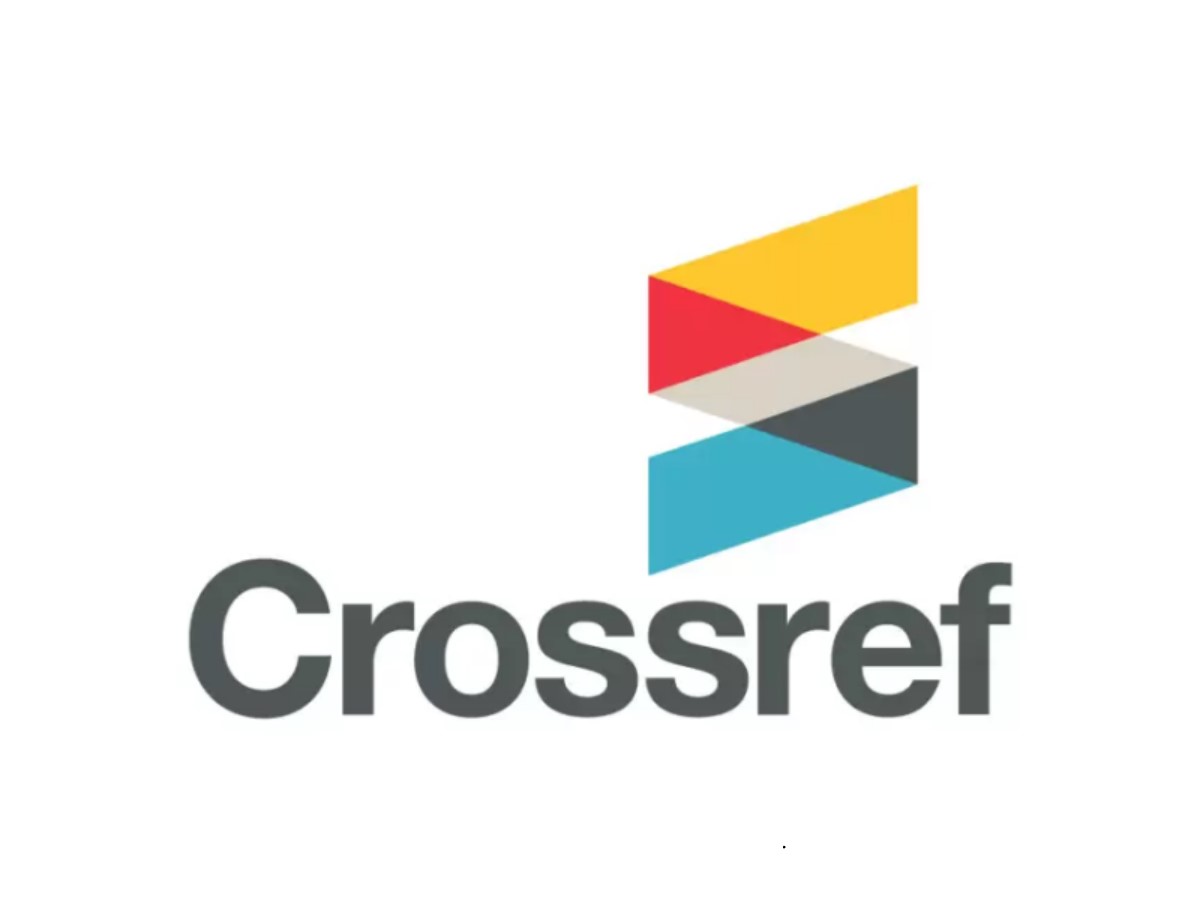DESIGN OF STOVE FUELED BY USED LUBRICATING OIL FOR INDUSTRIAL SALT DRYING
DOI:
https://doi.org/10.53893/austenit.v16i1.8566Keywords:
stove, used lubricating oil, wood pellet, salt drying, industrial saltAbstract
Salt as a source of important minerals is much needed by society and industry. In the salt-making process, salt must go through a drying phase. Salt drying at the Badan Riset Nasional (BRIN)’s workshop that uses wood pellet as the fuel is considered not optimal because of waste in waiting and processing time. Other alternative fuels are needed to maximize the salt production process, one of which is using used lubricating oil. Utilizing used lubricating oil as fuel for the salt drying process requires the conversion of burner or stove. This research aims to design a stove fueled by used lubricant oil for drying industrial salt. French method is used to design the stove. The stove that has been built iwas compared with wood pellet stove in terms of waiting time to reach the desired salt drying temperature, fuel operational costs, and capacity of the salt produced. The ST-44 steel oil stove with a diameter of 17 cm and a height of 13 cm could reach the drying temperature 15 minutes faster than a wood pellet stove without the need of supervising the feeding process. Daily operational costs for fuel consumption using used lubricating oil were also more economical with 25% more dry salt produced than using a wood pellet stove.
Downloads
References
Abdi, M. Z., Yudi Setiawan, S. T., & Sariwijianti, E. (2023). Design of bajakah root chopping machine into tea powder. Austenit, 15(2), 139–143. https://doi.org/10.5281/zenodo.10155732
Ali, A., Mendes, C. E., de Melo, L. G. T. C., Wang, J., & Santos, R. M. (2023). Production of Sodium Bicarbonate with Saline Brine and CO2 Co-Utilization: Comparing Modified Solvay Approaches. Crystals, 13(3). https://doi.org/10.3390/cryst13030470
Alpian, A., Supriyati, W., Luhan, G., & Surasana, I. N. (2023). Karakteristik Pelet Kayu Laban (Vitex Pubescens) Sebagai Bahan Bakar Alternatif Terbarukan. Jurnal Penelitian Hasil Hutan, 41(1), 27–34. https://doi.org/10.55981/jphh.2023.679
Ariasya, M. A., & Sani, A. A. (2020). Proses Pengolahan Limbah B3 (Oli Bekas) Menjadi Bahan Bakar Cair Dengan Perlakuan Panas Konstan. Austenit, 12(2), 48–53. https://doi.org/10.5281/zenodo.4547878
Deglas, W., Yosefa, F., Pangan, T., & Tonggak Equator, P. (2020). PENGUJIAN KADAR YODIUM, NaCl DAN KADAR AIR PADA DUA MEREK GARAM KONSUMSI. Agrofood, 2(1), 16–21. https://jurnal.polteq.ac.id/index.php/agrofood/article/view/48/28
Fitrayawati, A., Rahmawati, Y., Amin, N., & Nurkhamidah, S. (2021). Pra desain pabrik pembuatan garam industri soda kaustik dari garam rakyat. Jurnal Teknik ITS, 10(2), F159–F164. https://doi.org/10.12962/j23373539.v10i2.69246
Ghozali, A. B. M., & Samputra, P. L. (2022). Strategi kebijakan impor garam dalam melindungi produksi garam nasional. Ijd-Demos, 4(4). https://doi.org/10.37950/ijd.v4i4.341
Hermiati, E. (2020). Pengembangan teknologi konversi biomassa menjadi bioetanol dan bioproduk sebagai substitusi produk berbahan baku fosil. Penerbit BRIN. https://penerbit.brin.go.id/press/catalog/book/203
Hidayat, A. R., & Basyirun, B. (2020). Pengaruh jenis oli bekas sebagai bahan bakar kompor pengecoran logam terhadap waktu konsumsi dan suhu maksimal pada pembakaran. Jurnal Dinamika Vokasional Teknik Mesin, 5(2), 103–108. https://doi.org/10.21831/dinamika.v5i2.34802
Kharismanto, B., Triandini, R., & Triana, N. W. (2021). Pemurnian Garam Rakyat Menjadi Garam Industri dengan Alat Hidroekstraktor. Chempro, 2(2), 24–30. https://chempro.upnjatim.ac.id/index.php/chempro/article/view/235/39
Kusnadi, A., Djafar, R., & Mustofa, M. (2020). Pemanfaatan Oli Bekas Sebagai Bahan Bakar Alternatif Kompor Yang Ramah Lingkungan. Jurnal Teknologi Pertanian Gorontalo (JTPG), 5(2), 49–55. https://doi.org/10.30869/jtpg.v5i2.681
Lutfi, M. (2021). Pemanfaatan Limbah Oli Bekas Menjadi Bahan Bakar High Speed Diesel (HSD). JST (Jurnal Sains Terapan), 7(1), 57–62. https://jurnal.poltekba.ac.id/index.php/jst/article/view/1121/734
Meng, C. E., Sharifah Robiah Mohamad, C. W., Mohd Nasir, N. F., Fhan, K. S., Liang, O. H., Jian, T. X., Yee, L. K., Yeow, Y. K., Mohd Tarmizi, E. Z., Mohd Roslan, M. R., & Baharuddin, S. A. (2024). Mineral composition, crystallinity and dielectric evaluation of Bamboo Salt, Himalaya Salt, and Ba’kelalan salt content. Heliyon, 10(1), e23847. https://doi.org/10.1016/J.HELIYON.2023.E23847
Miko, A. (2020). Pentingnya penggunaan garam yodium untuk mengatasi anak pendek. Jurnal SAGO Gizi Dan Kesehatan, 1(2), 139–145. https://doi.org/10.30867/gikes.v1i2.406
Pasaribu, R. P., Pranoto, A. K., Tanjung, A., Waluyo, W., & Suratna, S. (2022). Analysis of The Standard Quality of The Crude Solar Salt become The Health and Industry’s Salt in Karawang District. PELAGICUS, 3(3), 137–149. https://doi.org/10.15578/plgc.v3i3.11336
Pranoto, A. K., Djari, A. A., Sewiko, R., Hapsari, L. P., Haryanto, H., & Anwar, C. (2020). Percepatan pembuatan garam dengan metode sprinkle bertingkat. PELAGICUS, 1(3), 107–113. https://doi.org/10.15578/plgc.v1i3.8882
Pratama, A., Basyirun, B., Atmojo, Y. W., Ramadhan, G. W., & Hidayat, A. R. (2020). Rancang Bangun Kompor (Burner) Berbahan Bakar Oli Bekas. Mekanika: Majalah Ilmiah Mekanika, 19(2), 95–103. https://doi.org/10.20961/mekanika.v19i2.42378
Prayitno, D., Riyono, J., & Pujiastuti, E. (2021). Oli Bekas Sebagai Bahan Bakar (Waste Oil As a Fuel). Jurnal Abdi Masyarakat Indonesia (JAMIN), 3(2). https://doi.org/10.25105/jamin.v3i2.6951
Rahmaddy, M. R., & Sani, A. A. (2021). Pengaruh Katalis (Naoh) Dalam Proses Serta Hasil Pengolahan Oli Bekas Menjadi Bahan Bakar Cair (BBC). MACHINERY: Jurnal Teknologi Terapan, 2(1), 8–14. https://doi.org/10.5281/zenodo.4748501
Wibowo, A., Riset, P., Standardisasi, P. B., Kompleks, N., Gedung, P., & Selatan, K. T. (2020). Potensi pengembangan standar nasional Indonesia (SNI) produk garam konsumsi beryodium dalam rangka meningkatkan daya saing. Prosiding PPIS, 79–88. https://doi.org/10.31153/ppis.2020.95
Downloads
Published
How to Cite
Issue
Section
License
Copyright (c) 2024 Authors and Publisher

This work is licensed under a Creative Commons Attribution-ShareAlike 4.0 International License.
The Authors submitting a manuscript do so on the understanding that if accepted for publication, Authors retain copyright and grant the AUSTENIT right of first publication with the work simultaneously licensed under a Creative Commons Attribution-ShareAlike License that allows others to share the work with an acknowledgment of the work's authorship and initial publication in this journal.
AUSTENIT, the Editors and the Advisory International Editorial Board make every effort to ensure that no wrong or misleading data, opinions or statements be published in the journal. In any way, the contents of the articles and advertisements published in AUSTENIT are the sole responsibility of their respective authors and advertisers.















